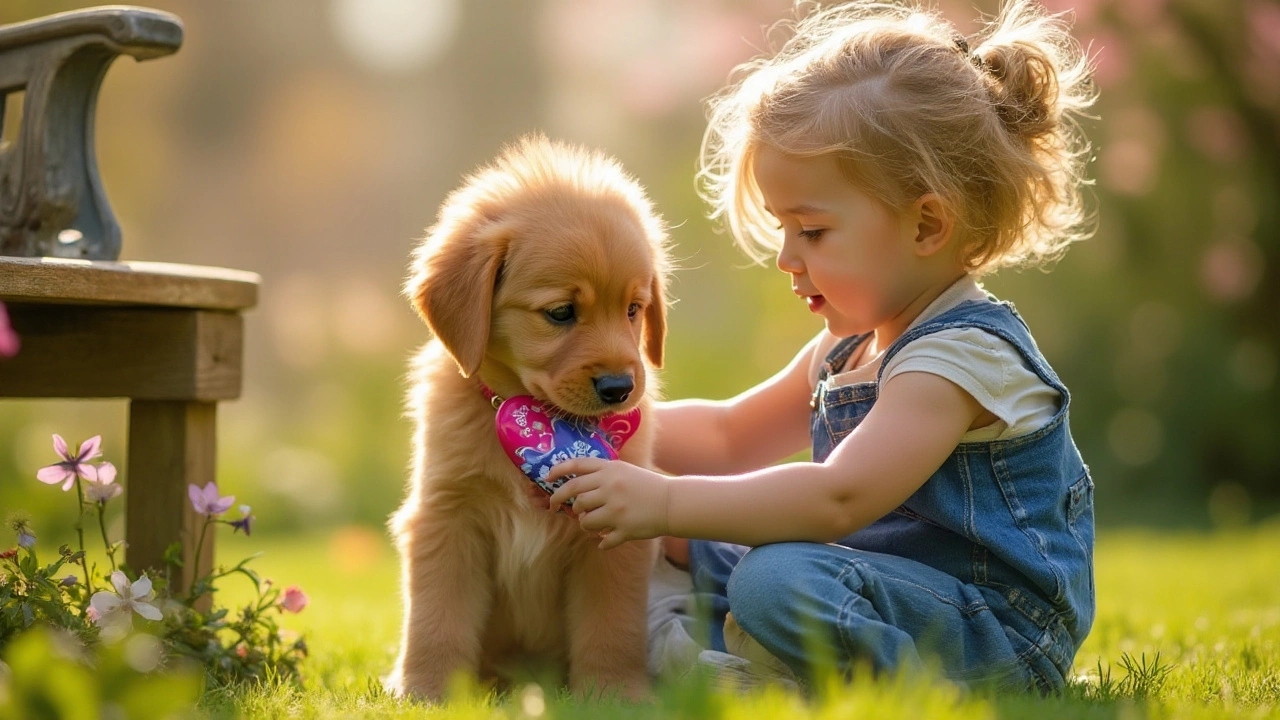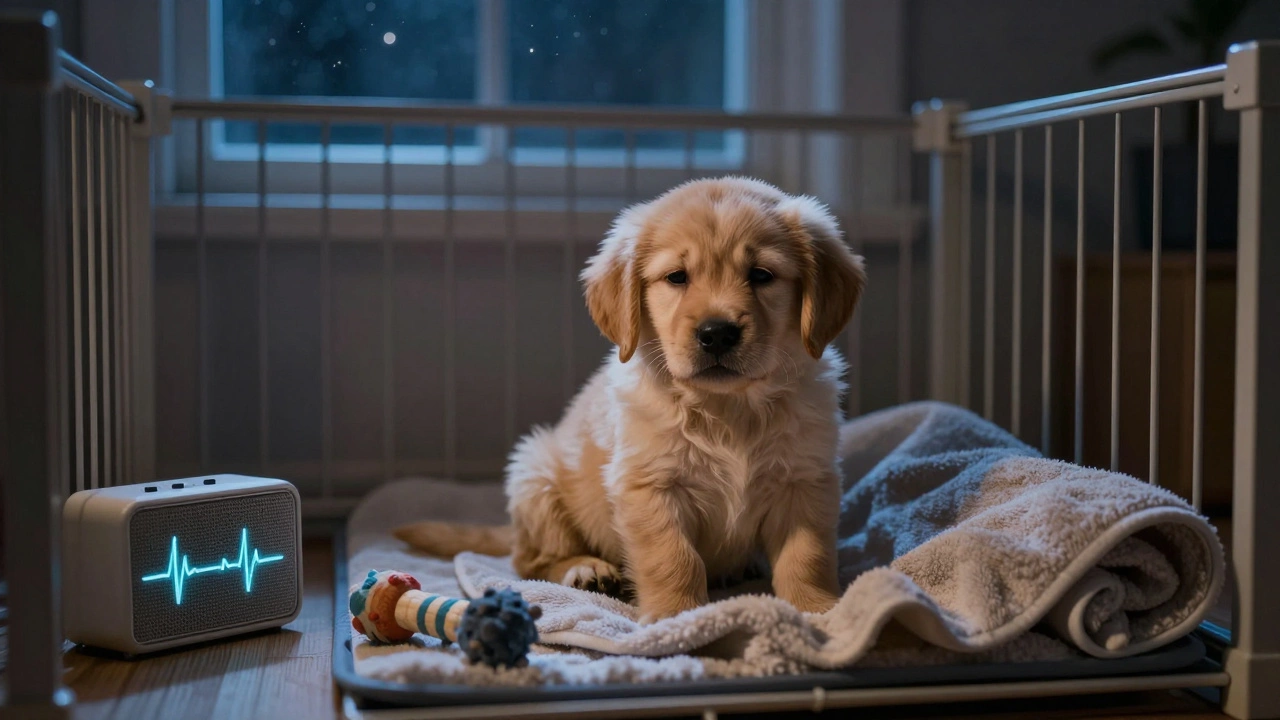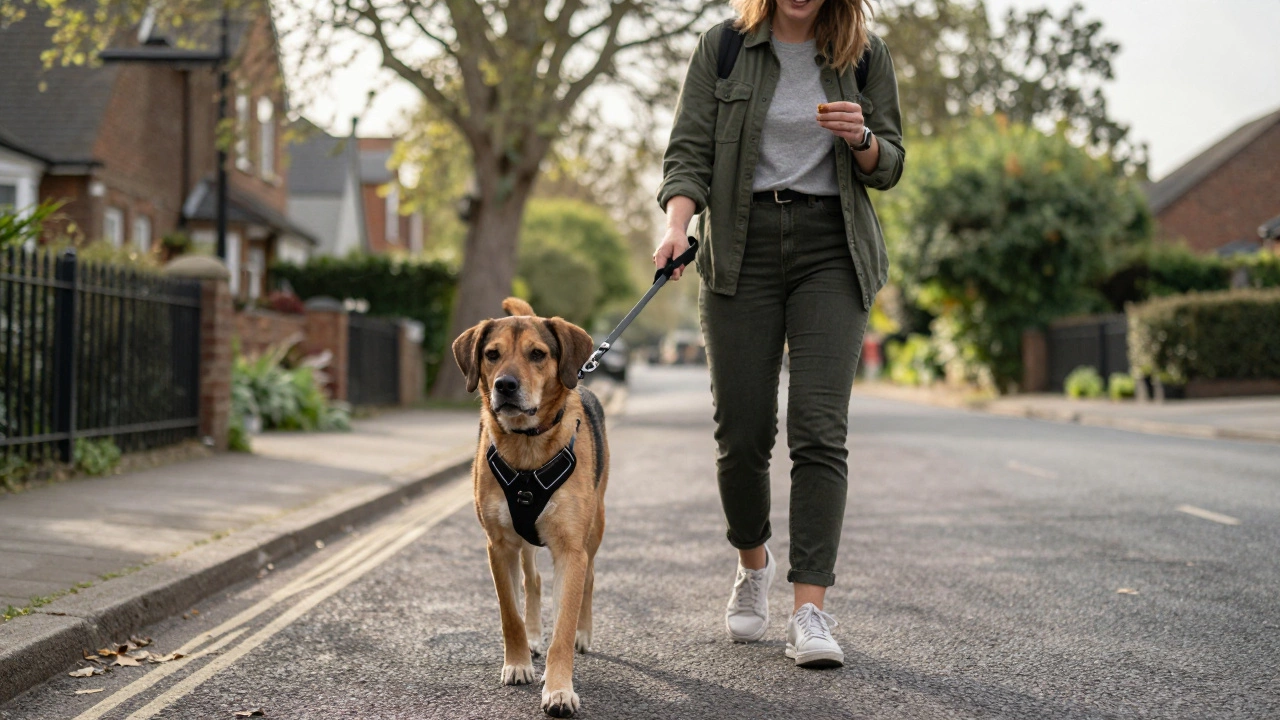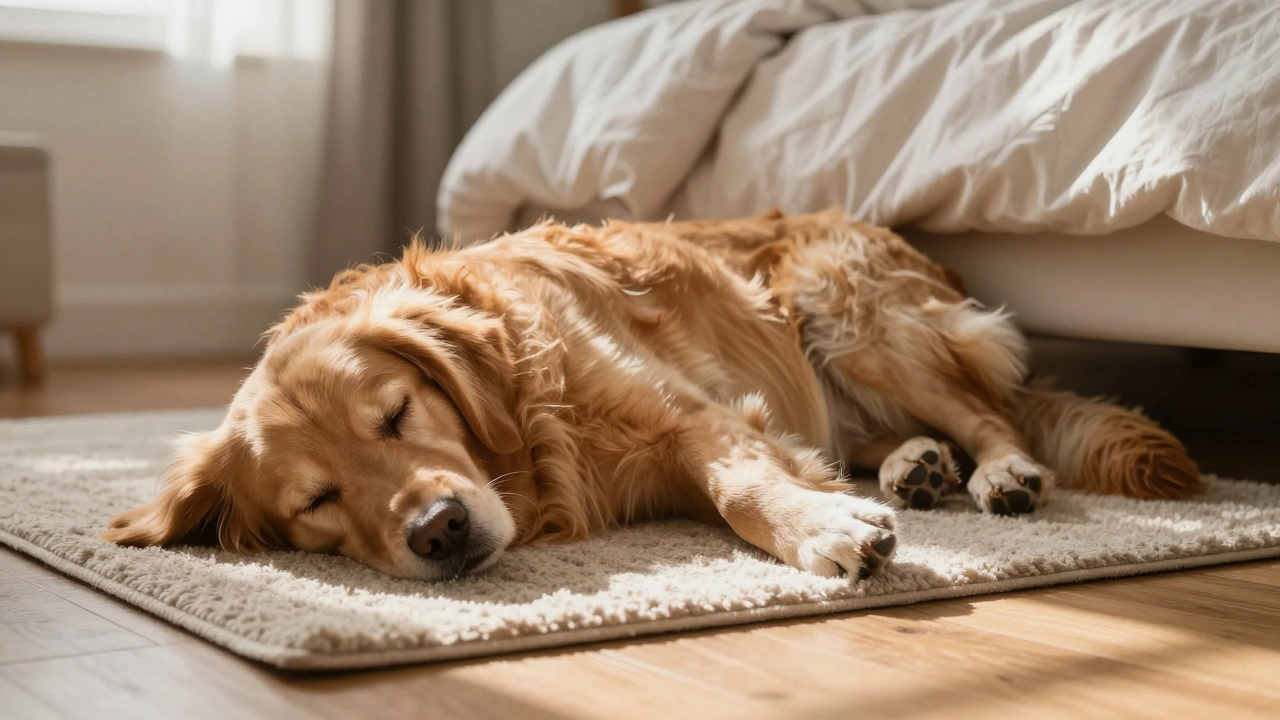Training Puppies: What Every New Owner Needs to Know
Got a new puppy and wondering where to start? Training isn’t about fancy tricks – it’s about building trust, keeping your home safe, and making life easier for both of you. Below are plain‑spoken tips that work for any pup, especially if you live in South Tyneside.
Start with the Basics
Begin with name recognition. Say the puppy’s name in a happy tone, then reward a sniff or a wag with a treat. Do this a few times a day for a week, and the pup will learn to look at you when called.
Next, tackle “sit”. Hold a treat just above the nose, move it back toward the tail, and say “sit”. When the hindquarters drop, give the treat and praise. Repeat for a few minutes each session – short, consistent practice beats marathon training.
Leash walking is another early win. Attach a lightweight harness, let the puppy drag it for a minute to get used to the feel. Then, start short walks inside, rewarding any calm steps next to you. If the pup pulls, stop and wait until the leash is slack before moving on.
Avoid Common Mistakes
Don’t expect perfection. Puppies have short attention spans, so a 5‑minute session is enough. If you stretch it longer, both of you will get frustrated. Keep training fun and end on a positive note.
Never punish a mistake with harsh words or a yank on the leash. That creates fear, not learning. Instead, ignore the unwanted behavior and redirect to a command you know the puppy understands.Socialisation matters more than you think. Take the pup to the park, a friend's house, and a quiet street. Let them sniff, hear traffic, and meet calm dogs. A well‑socialised puppy grows into a confident adult.
House‑training is easiest with a schedule. Feed at the same times each day, then take the puppy outside 10‑15 minutes after meals, after naps, and before bedtime. Praise loudly when they go outside – the sound tells them they did the right thing.
Crate training can calm a nervous puppy. Pick a crate a little bigger than they need, add a comfy blanket, and feed meals inside. Never use the crate as punishment; it should be a safe spot they enjoy.
If you hit a snag, reach out for help. South Tyneside Pet Care Services offers one‑on‑one training sessions and group classes that fit busy schedules. A professional can spot subtle issues you might miss.
Remember, the goal is a happy pup and a happy home. Consistency, patience, and clear rewards are all you need to get there. Start small, celebrate every win, and enjoy watching your puppy grow into a well‑behaved companion.
When Do Puppies Stop Biting and How to Handle It
Puppies are adorable bundles of energy, known for their playful biting. Most puppies usually stop biting around the ages of six to seven months. This guide delves into various stages of a puppy's life, providing tips on how to curb biting habits and the reasons behind those sharp, little bites. Owners will also learn effective methods to encourage positive behaviors and ensure a smooth transition to adulthood for their furry friends.






